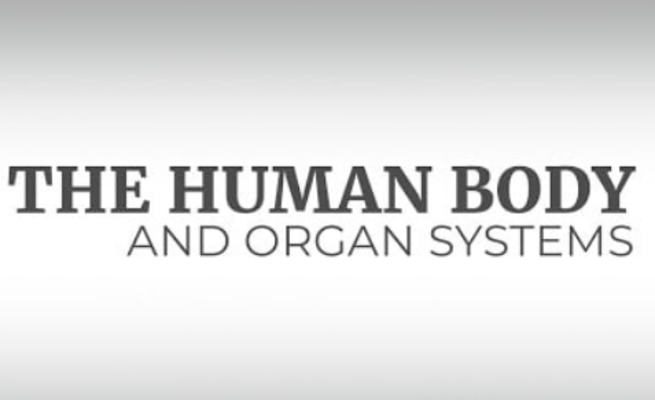The human brain is an incredible organ that controls everything we think, feel and do. It processes information, controls movement and produces consciousness. The average human brain weighs about three pounds and contains about 100 billion neurons that communicate through complex connections.
What’s fascinating is that the brain stops growing relatively early in life. While many parts of the body continue developing through childhood and adolescence, the brain reaches nearly its full size by age 5 to 6.
The brain grows most significantly during the first two to three years of life, doubling in size by age 2. During these early years, the brain forms many of the connections needed for basic functions like sensory processing, motor skills and speech development.
After early childhood, the brain undergoes a “pruning” process where unused connections are eliminated. This shaping of the neural network help make the brain more efficient. Though the brain continues developing through the teen years, most of that development involves myelination – the formation of an insulating sheath around nerve fibers that speeds communication between neurons.
Despite the brain reaching its maximum size early on, our cognitive abilities continue changing well into adulthood. As we learn, form memories and gain experience, our neurons forge new connections and pathways that enable ongoing mental growth. This neural plasticity allows us to gain knowledge and skills throughout life.
So while the brain’s physical size remains largely the same from youth, its functional abilities are constantly changing as we learn and experience the world. The human brain may stop growing outward, but it never stops growing inward – a testament to its remarkable capabilities for lifelong adaptation and change.

Follow @MyZimbabweNews












